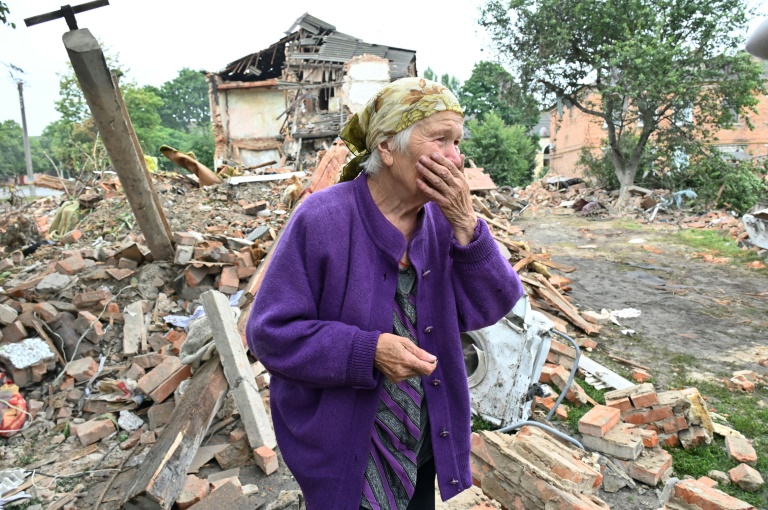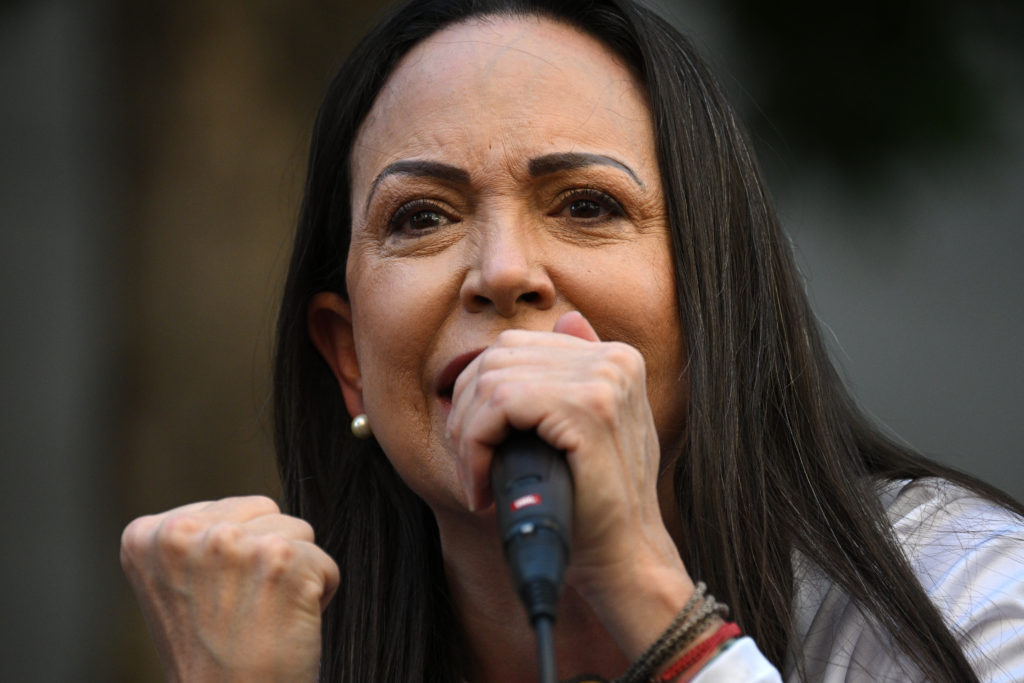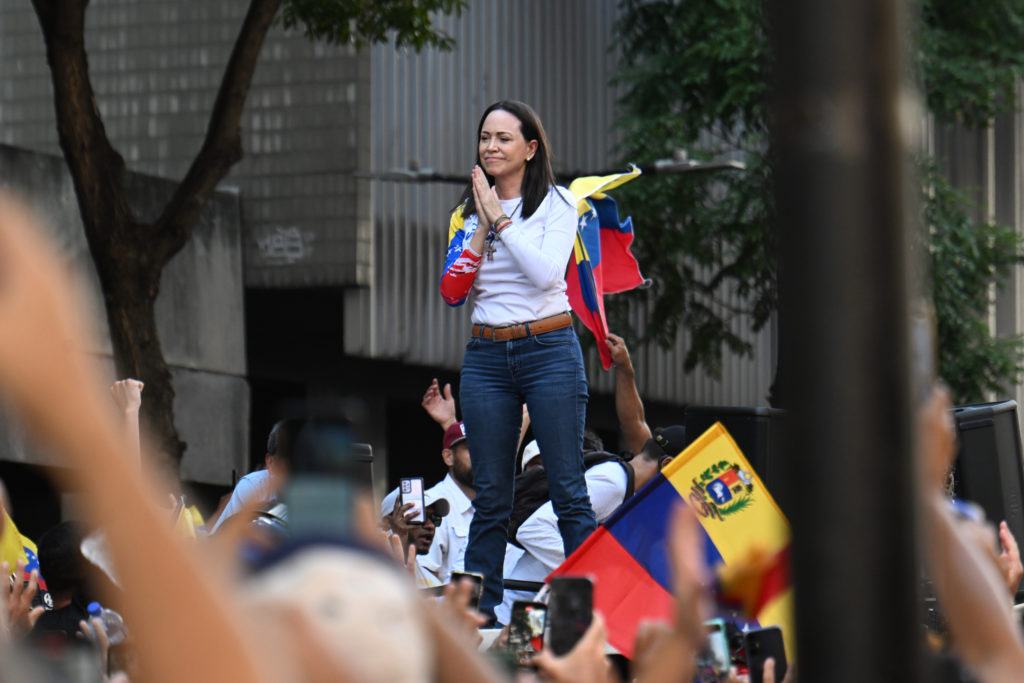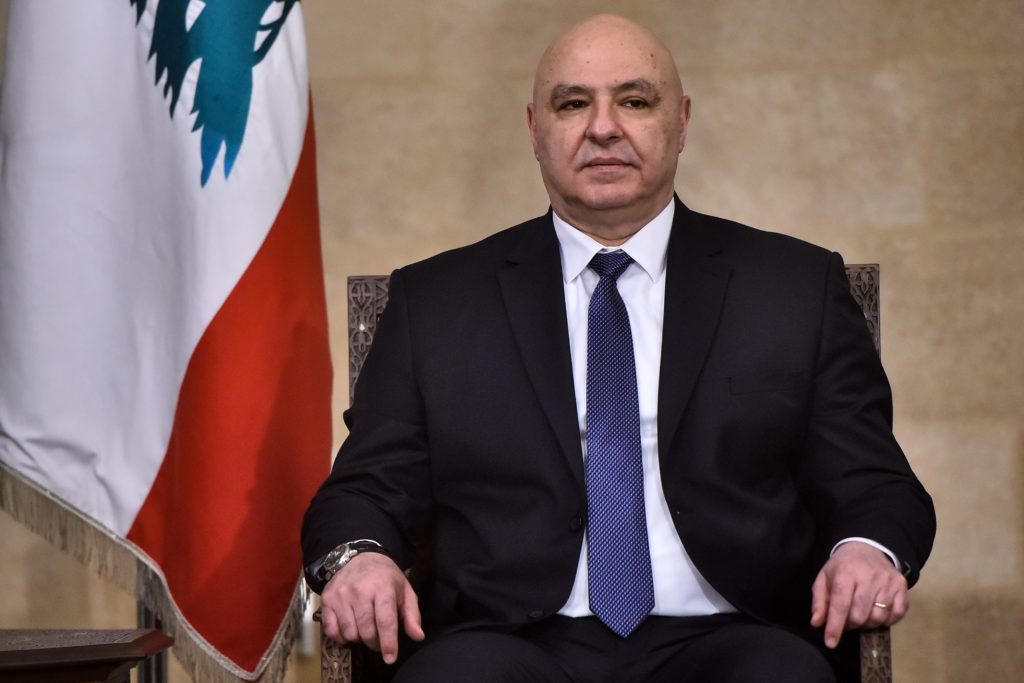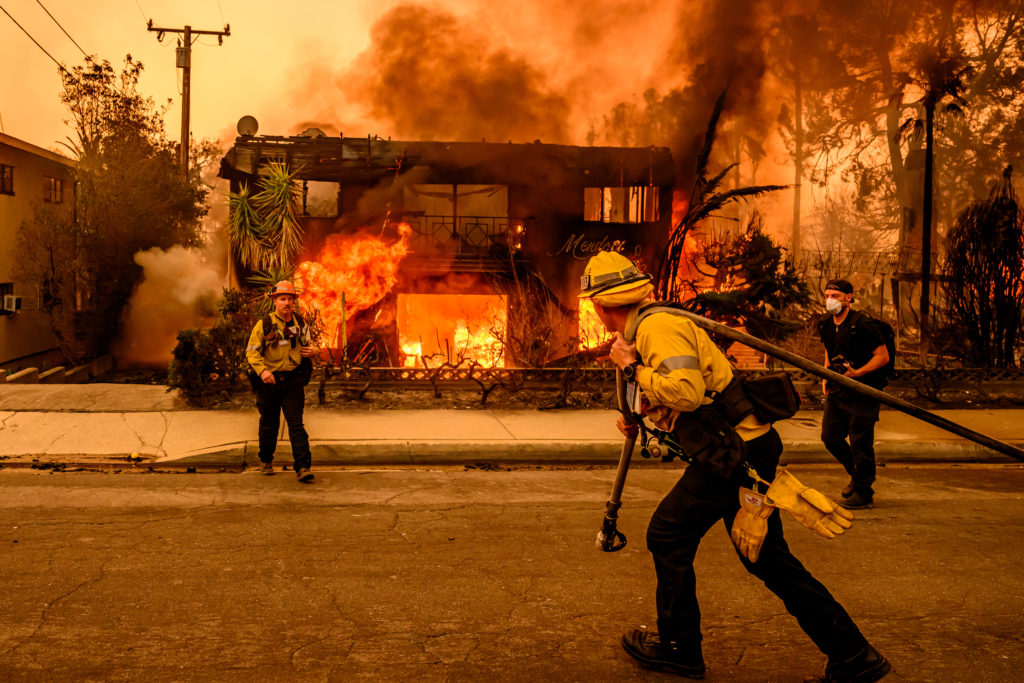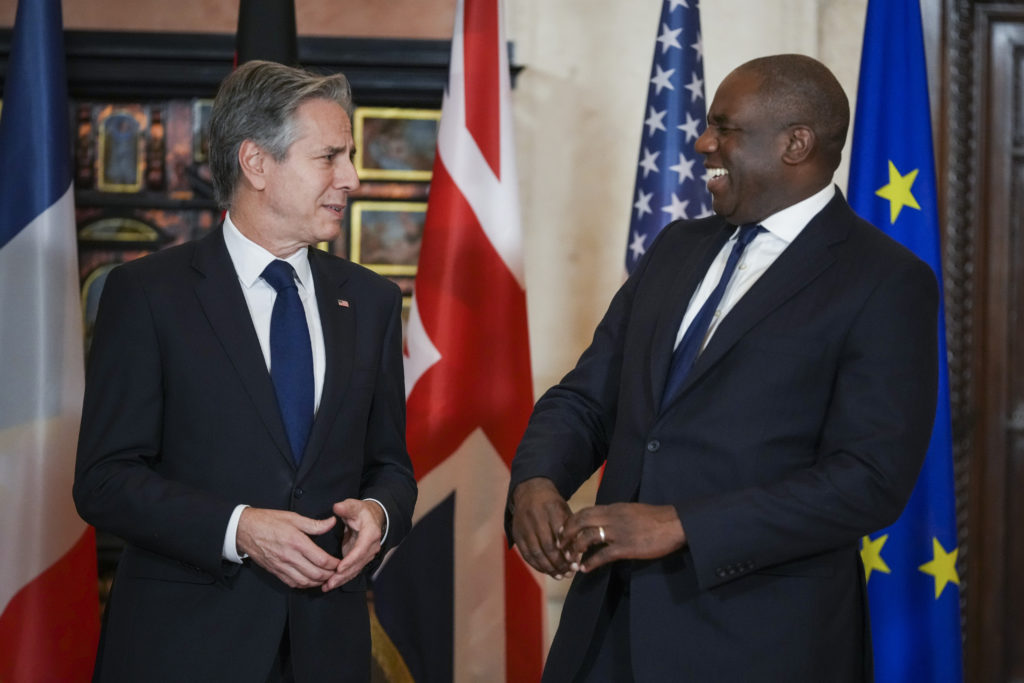The European Union will discuss tightening sanctions against Russia on Monday, as Kyiv accused Moscow of launching fresh strikes on multiple residential areas in eastern and southern Ukraine.
The fresh strikes came after Moscow announced that it would step up its military operations and Kyiv accused Russia of installing missile launchers at Europe’s largest nuclear plant.
With the conflict grinding on and increasingly spilling out into global energy and food crises, EU foreign ministers are considering banning gold purchases from Russia, which would align with sanctions already imposed by G7 partners.
More Russian figures could also be placed on the EU’s blacklist.
“Moscow must continue to pay a high price for its aggression,” European Commission President Ursula von der Leyen said after forwarding the proposed measures.
Brussels is expected to hold initial sanctions discussions Monday, but not make a same-day decision, according to a senior EU official.
On Sunday, Donetsk region governor Pavlo Kyrylenko accused Moscow of shelling “civilian infrastructure, especially education institutions”.
“I was scared,” says 23-year-old chef Igor Besukh of a nearby missile attack on Friday in Kramatorsk, where his sushi place is one of the few restaurants open just 20 kilometres (12 miles) from the frontline.
Coming back to work the next day was not easy, he admitted, however “war is war, but lunch must be served on time,” he said, quoting a popular saying with a smile.
– ‘Massive shelling’ –
Near the coast of the Black Sea, the southern city of Mykolaiv came under “massive shelling” in the early hours of Sunday, regional governor Vitaliy Kim said.
Kim added that several residential areas were shelled in the region a day earlier, with three people killed in the village of Shevchenkove and one woman killed in Shyrokiv where a “residential building was destroyed”.
In a BBC television interview broadcast on Sunday, the head of Britain’s armed forces, Admiral Tony Radakin, estimated that 50,000 Russian soldiers had been killed or wounded in the invasion with nearly 1,700 Russian tanks and some 4,000 armoured fighting vehicles destroyed.
Radakin suggested that Russia’s land forces may pose less of a threat now, but more than 20 weeks since the invasion began, Moscow said on Saturday that it would step up its military operations.
Defence Minister Sergei Shoigu “gave the necessary instructions to further increase” military pressure, according to his ministry.
The orders come after Ukraine’s atomic energy agency accused Russians of installing missile launchers at the Zaporizhzhia nuclear plant and using the facility to shell the Dnipro region.
The heaviest fighting continues to focus on the industrial Donbas region in the east, where several villages were hit by strikes Sunday with no casualties so far.
In Warsaw, nearly 2,000 demonstrators gathered on Sunday in front of Russia’s embassy to protest the invasion of Ukraine, an AFP journalist reported.
– ‘Enough death’ –
Carrying yellow and blue Ukrainian flags and chanting “enough death!” the Ukrainian and Polish protesters demanded that Russia is recognised as a “terrorist state”.
In his Saturday evening address, Ukrainian President Volodymyr Zelensky pledged that his country would “endure”.
Zelensky said Ukraine has “withstood Russia’s brutal blows” and managed to take back some of the territory it lost since the start of the war and will eventually recapture more occupied land.
Russia’s defence ministry said in its daily briefing Sunday that it destroyed a “warehouse for Harpoon anti-ship missiles delivered to Ukraine by NATO” in the port city of Odessa.
Ukraine denied the claim, saying the destroyed the “storage facility” of a company with no military links.
Hundreds of kilometres from the frontline, Ukraine said missile strikes earlier in the week left 24 dead in the central city Vinnytsia and triggered international condemnation.
The Russian defence ministry said it had targeted a meeting in Vinnytsia of the “command of the Ukrainian Air Force with representatives of foreign arms suppliers”.
But a senior US defence official said on condition of anonymity that he had “no indication” there was a military target nearby.
Speaking to the BBC on Sunday, Radakin said Russia poses “the biggest threat” to the United Kingdom and the challenge would endure for decades.

